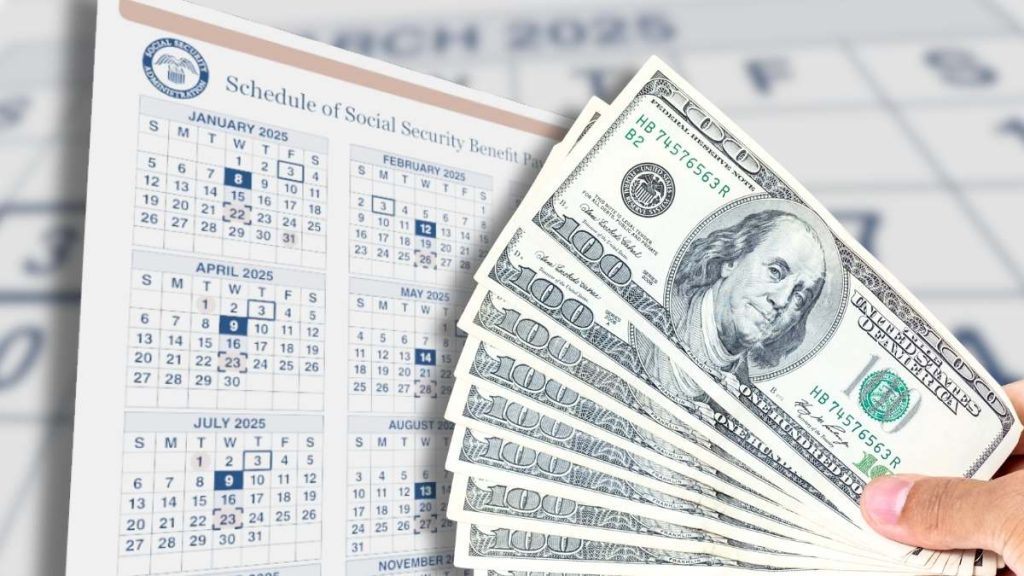If you are a disability worker who is receiving Social Security Disability Insurance (SSDI), it’s time to check if your calendar indicates that the payment will arrive in your bank account on the fourth Wednesday in March. Every month, the Social Security Administration (SSA) sends three large groups of bank transfers that are intended for beneficiaries of this federal program.
In March 2025, SSDI beneficiaries who belong to the third payment group (people born between the 21st and 31st of any month) will receive their payment on the fourth Wednesday of the month, which corresponds to March 26, 2025. In 2025, the average SSDI benefit is $1,580 per month, but the maximum can be up to $4,018 for beneficiaries who contributed for a large number of years with salaries within the maximum taxable limit of Social Security taxes. All these amounts come with the extra 2.5% cost-of-living adjustment for 2025.
What requirements must I meet to receive SSDI?
To qualify for SSDI benefits, it is not as simple as arriving at a Social Security office and saying that you have a disability, but your claim must be accompanied by several elements, such as your history of FICA contributions (Social Security taxes), for a sufficient time for the process to be processed.
- Work Credits Required:
- 20 credits are needed in the last 10 years before disability (equivalent to ~5 years of work).
- Younger people may require fewer credits (example: those under 24 years of age may need 6 credits).
- Credits are earned by earning a minimum annual amount (in 2025: $1,810 = 1 credit; up to 4 credits can be earned per year, for a total of $7,240).
- The medical condition or disability must be serious and prevent you from performing any gainful employment activity (SGA). In 2025, the SGA income limit is $1,620 per month for people with disabilities who are not blind, and $2,700 per month for people who are blind.
The most conditions that are easily approved for SSDI are advanced cancer, multiple sclerosis, serious heart disease, disabling mental disorders (example: schizophrenia), or spinal cord injuries. If the condition is not on the list, it is evaluated whether it prevents working in any relevant job (functional residual capacity).
Of course, you must have legal citizen or immigrant with qualifying status, with up-to-date documents, be between 18 and 65 years of age, and not receive other benefits. After age 65, your SSDI payment automatically converts to retirement.
People with disabilities of less than 12 months, those who do not have enough work credits, and those who exceed the SGA income limit are not eligible. Dependent family members such as children under 18 years of age, as well as spouses or ex-spouses who care for a disabled child up to 18 years of age (or who are over 62 years of age) may opt for additional benefits.
